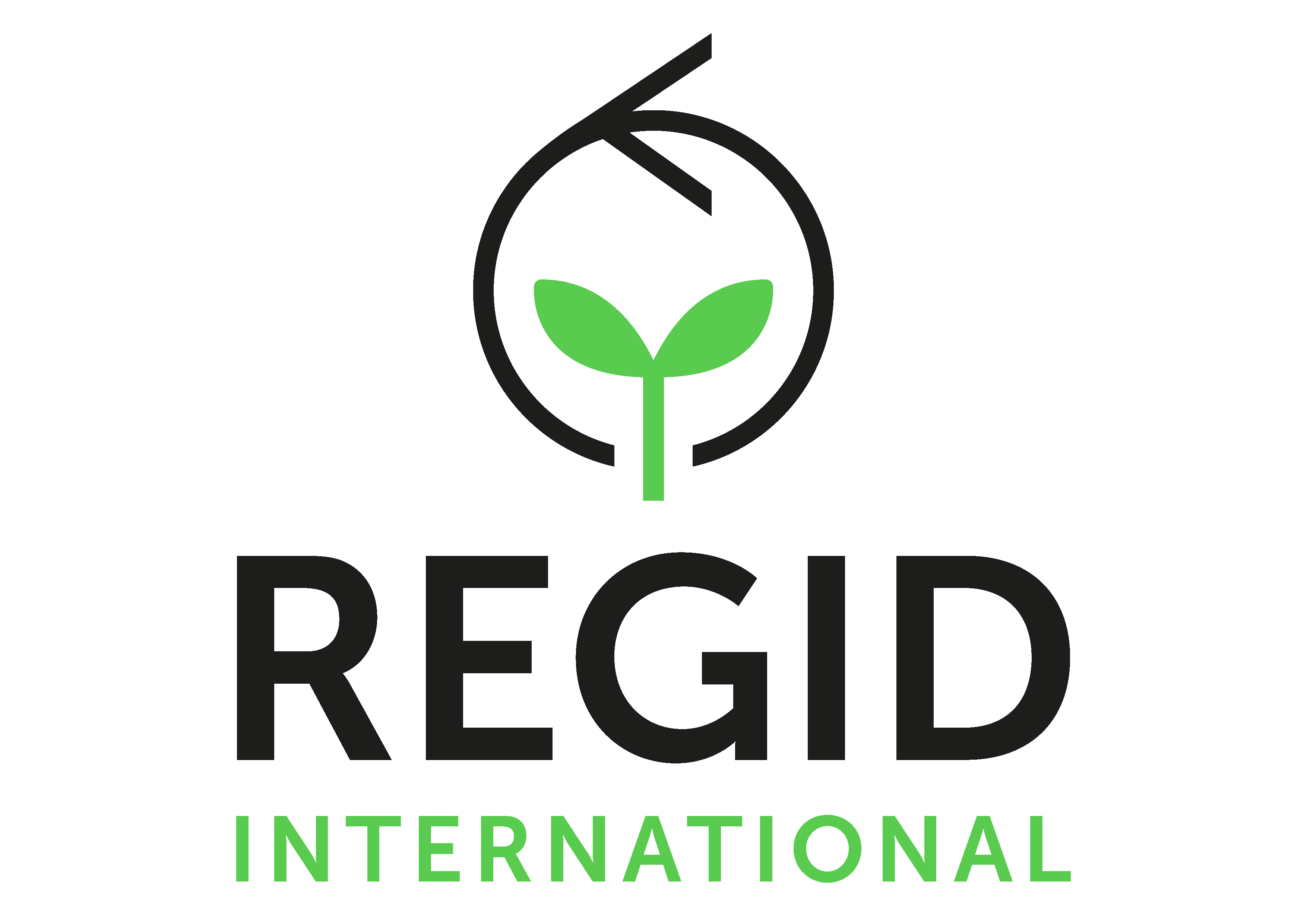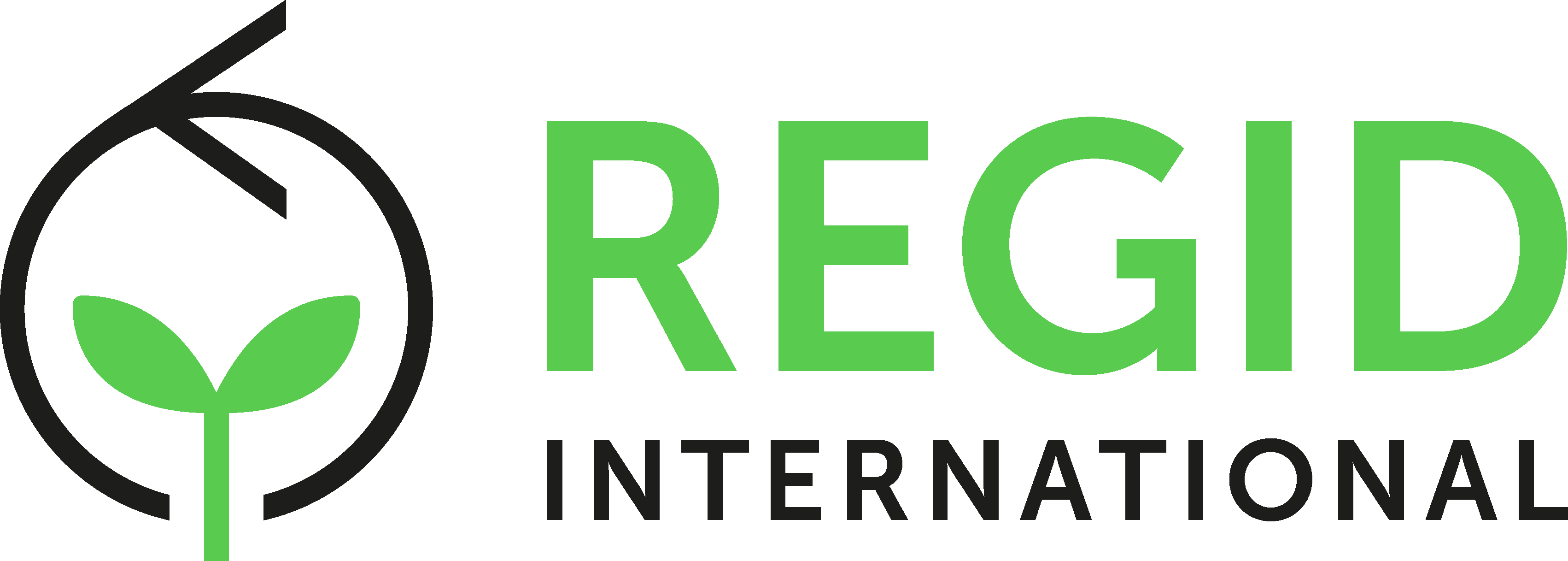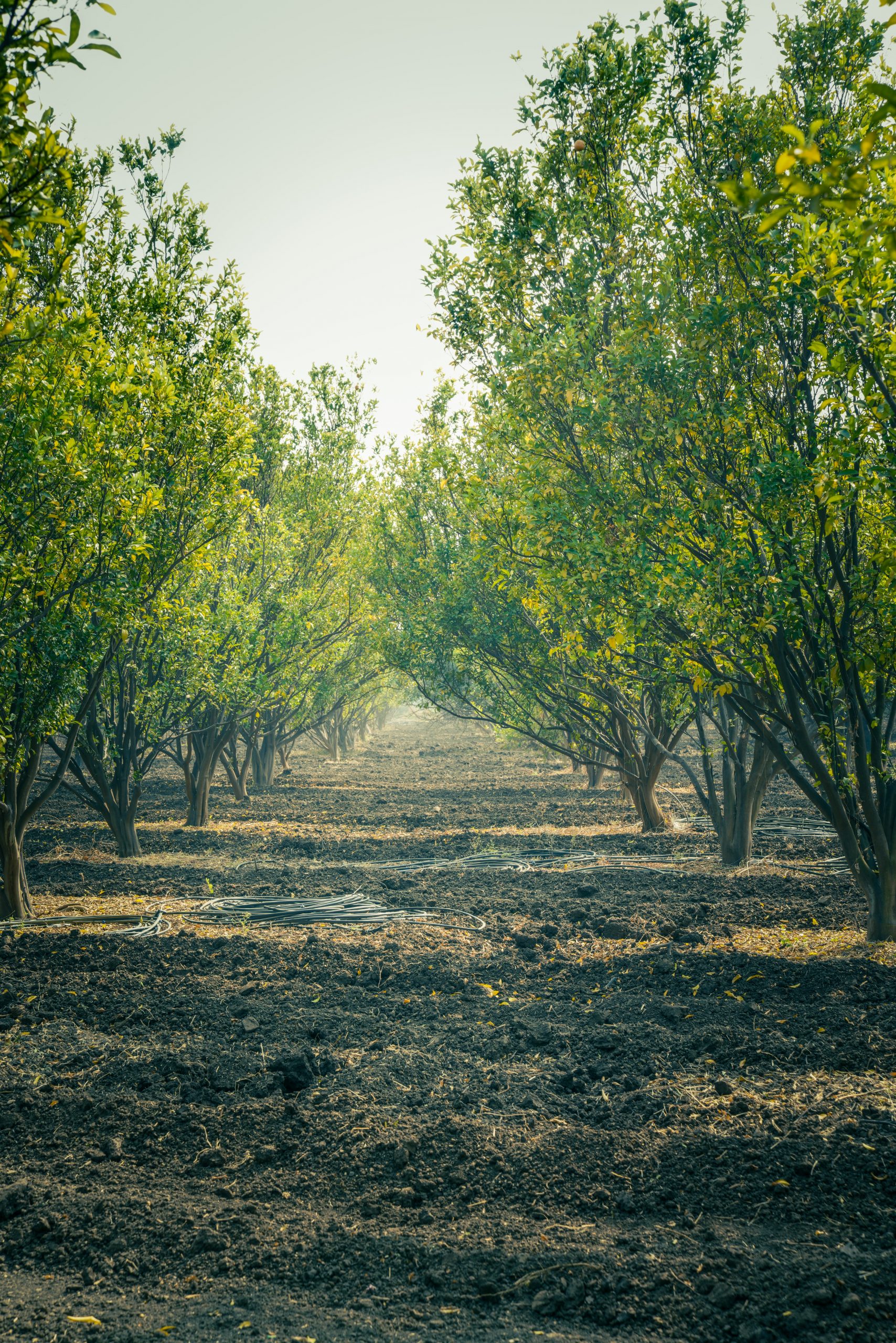We are developers of decentralized biomass energy in rural Africa for food security and energy access. Our approach is tailored to provide clean affordable energy to rural communities, local institutions, Small and Medium Scale business Enterprises (SMEs) and Telco cell towers. As such we are passionate about building the social capital of local communities in our design of business models.
To achieve our goals, we mobilize a large network of experienced local developers and EPC companies across the continent who contribute to the programs’ success. Unlike other bioenergy projects, only tree branches (pruning) and bioproducts waste are used to feed the power plant which resolves dire ecological and social issues including pollution, health and farming productivity.
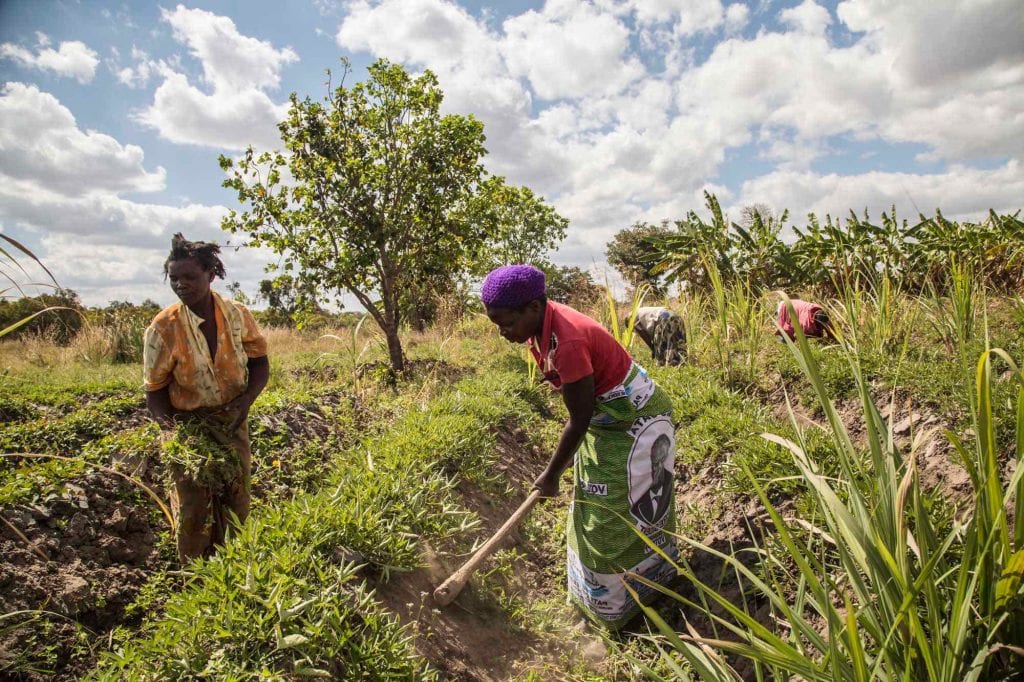
-
Combined Heat and Power (CHP) Bioenergy Technology suitability. We select the ideal bioenergy technology for diverse program contexts (sizing, power generation).
-
Feedstock supply chain. We choose the optimal feedstock options for biomass conversion technologies including agroforestry or bioproducts waste.
-
Economic viability.We design a bankable business model through investigating various technology capital and operational costs to obtain the optimal cash flows.
-
Design and development. We integrate training in the power plant installation, operations and maintenance for the project durability.
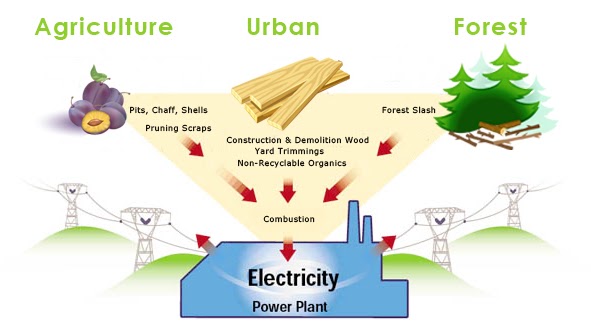
Africa 11MW, Waste to Energy solutions
Africa 11MW, Waste to Energy solutions
REGID International is developing an 11 MW bioenergy project over 7 African countries (Ghana, Kenya, Liberia, Ivory Coast, Sierra Leone, Cameroon and DRC) based on waste to energy solutions. The biomass power plants will provide heat and electricity to local factories and villages in rural areas. They will be fueled with readily available bioproducts waste (cassava, palm, maize cobs, etc) and municipal solid waste. This project will create more than 100 jobs, enhance livelihoods and strengthen local economy.
Asueyi Village, Ghana
Asueyi Village, Ghana
In Ghana, we are working with ECREE Ghana to rehabilitate the a 120kw biomass energy power plant to provide power and heat to Asueyi Village. The off-takers include 5 gari processing factories and households. The feedstock that will be used for powering the plant include cassava waste and Gliricidia shrubs.
Kuno Primary School, Garissa County, Kenya
Kuno Primary School, Garissa County, Kenya
REGID International is partnering with NACONEK to improve enrollment, retention and academic performance of pupils in the ASAL and PoP schools through a steady supply and availability of water, food and energy. The feedstock (Gliricidia shrubs) has already been planted and can power the biomass plant for one year (220 tons of biomass). This plantation benefited the community by the creation of a 2 hectares farm and employment of 15 women and men. The power plant will be installed in the coming weeks.
Matayos, Busia County, Kenya
Matayos, Busia County, Kenya
A 10 Kw electricity and 40kw heat biomass power plant will be installed in Matayos, Western Kenya, for powering SMEs and households. This power plant will be fueled with Gliricidia shrubs and maize cobs. This solution will resolve ecological problems such as maize cobs recycling and social problems for economic development and food security. The power plant will be installed in the coming weeks.
We have a wealth of engineering experience in offering our services. Our high expertise in developing technical solutions is used to build integrated biomass energy programs.
Based in Nairobi, we have the finest knowledge of the multifold African program contexts. Thus, we provide the optimal solutions for the projects’ viability overtime.
We bring unique technical solutions which are easy to transfer and customizable to diverse project contexts.
